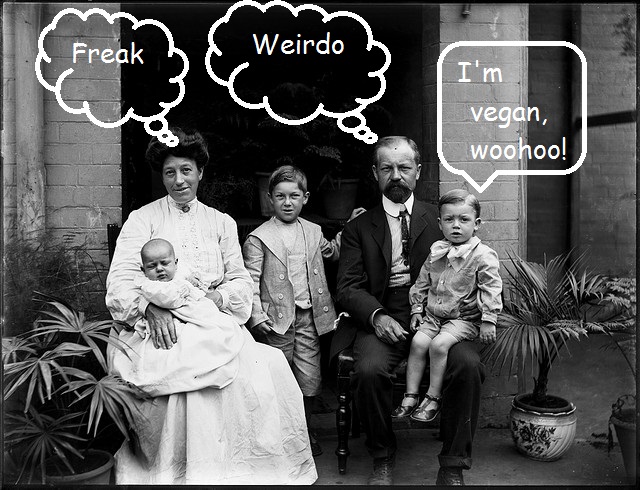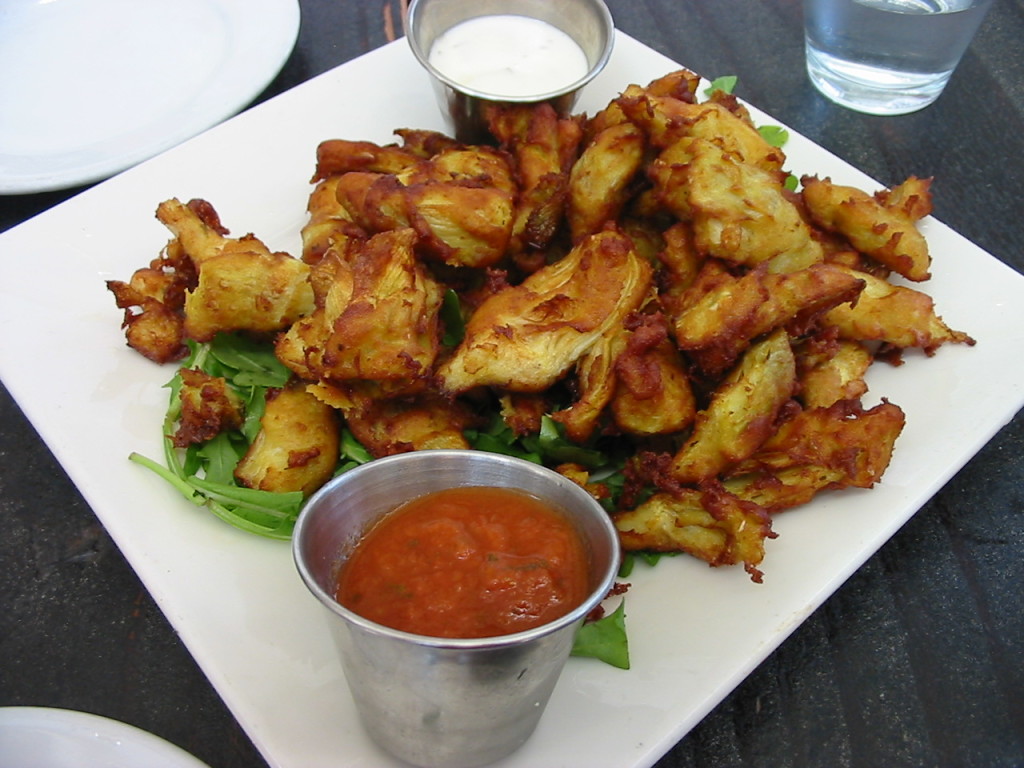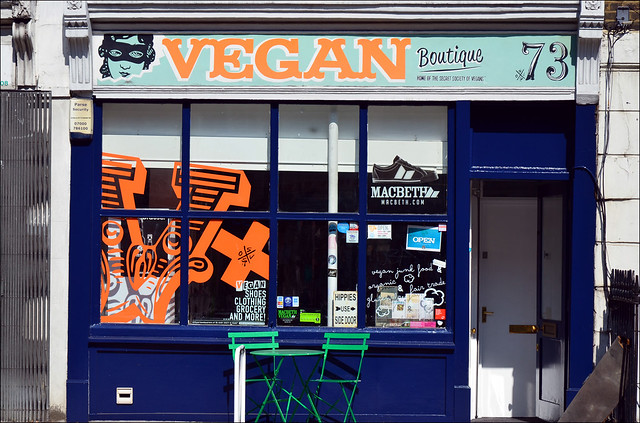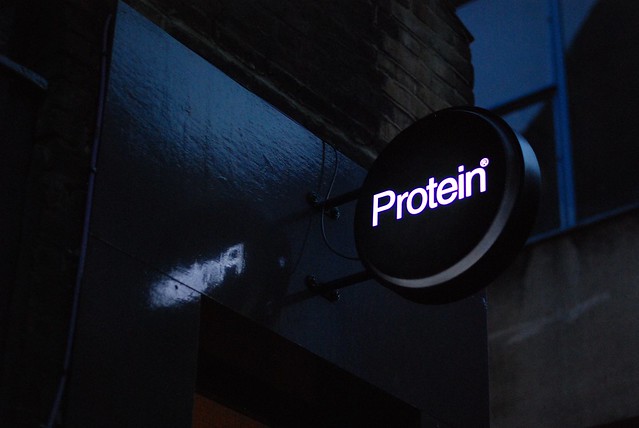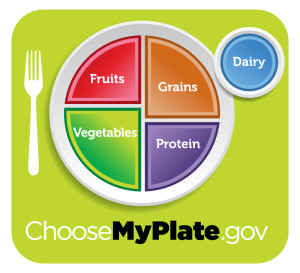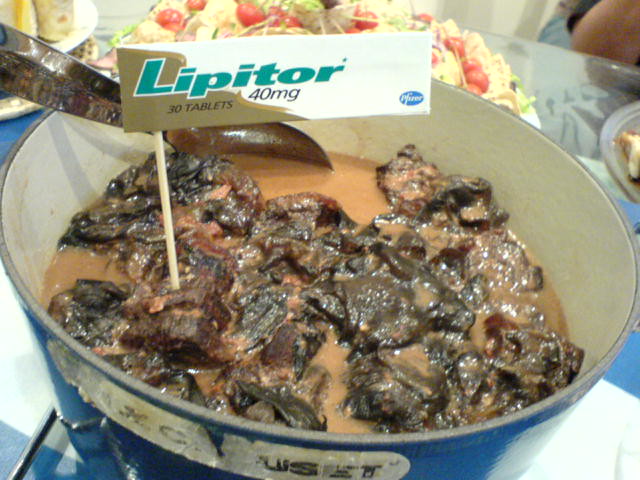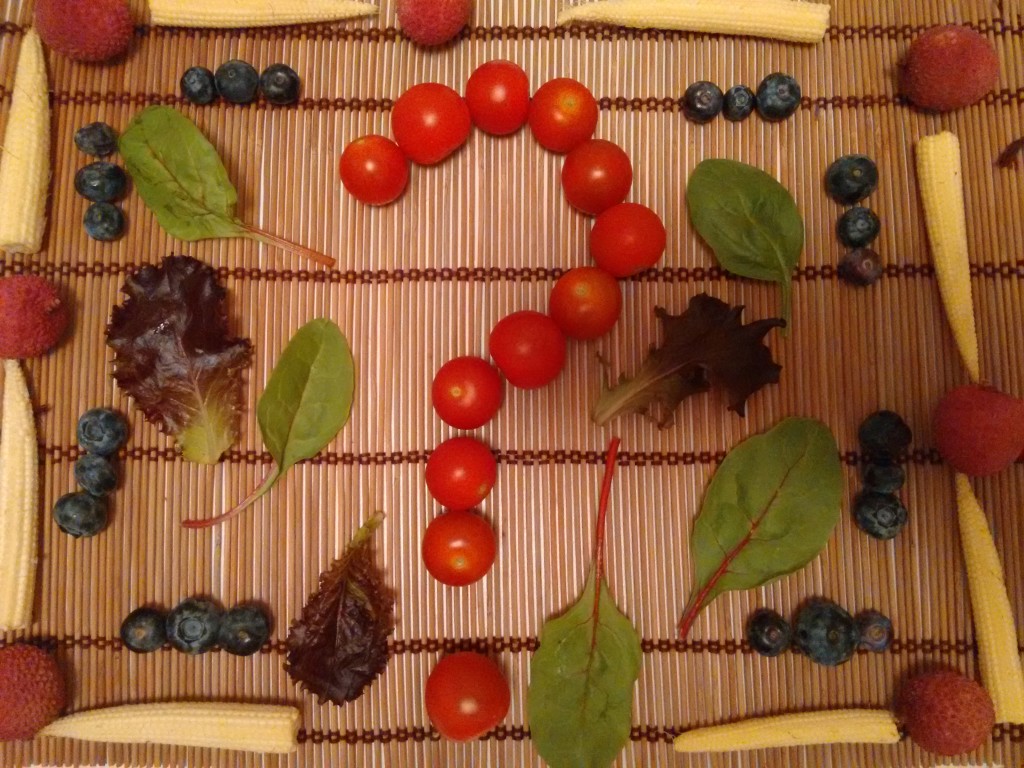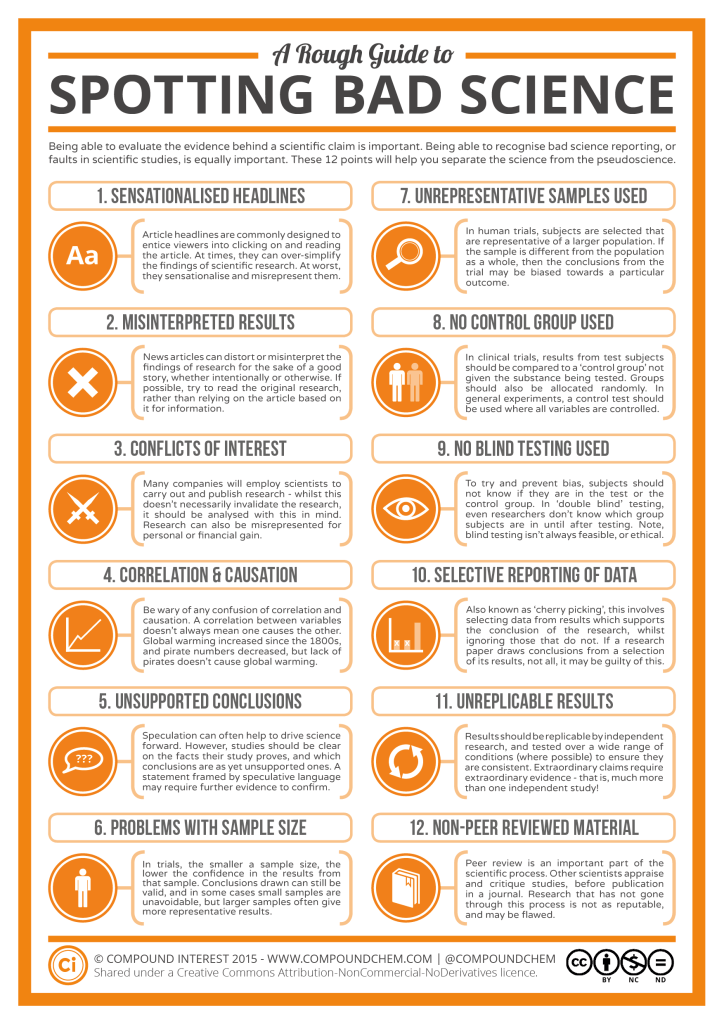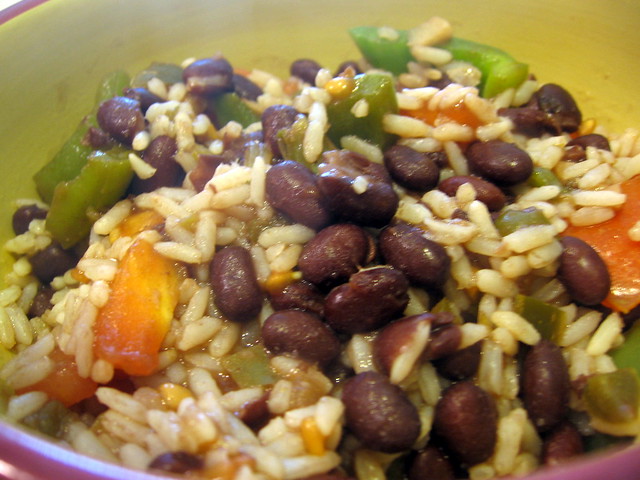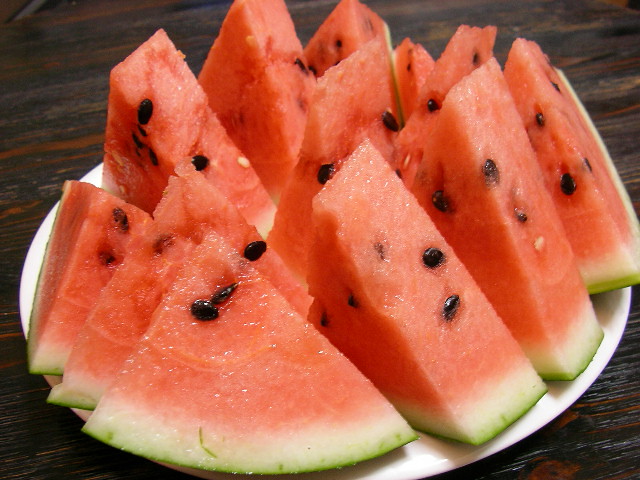
So there is a trend that worries me somewhat…
I’ve watched a tonne of YouTube videos that have ‘vegan’ in the title and are instructional in nature, and I have something I NEEEED to say.
In my opinion, the absolute vast majority of these videos are great, and it’s heart-warming to see so many people so clued up on the ‘whys’ and ‘hows’ of vegan. I’m also hugely jealous of the production values, editing skills, and just sheer confidence of the creators of these videos – but really enjoy watching them despite the ol’ green-eyed monster!
Yet some of them really concern me.
Some of these vloggers, if you watch their ‘what I eat in a day’ videos, eat nothing but fruit. Perhaps a nut here and there.
Of course, if you’re eating mainly fruit, then it’s pretty much a raw diet. My thoughts on raw in more detail are here.
I’m not naming any names or trying to take anyone down, I’m just genuinely concerned.
To be fair, some of these people DO look healthy, and report that their blood work is great. If this is true then good for them. But there are definitely others who don’t look like eating 95% fruit is serving them.
It’s popular and trendy diet plans like ’80/10/10′ and ‘Raw Till 4,’ (both encourage you to eat hyyyuuuuuge amounts of fruit for – supposedly – maximal health and fitness), that seem to have inspired this way of eating.
As a plant-based nutritionist I wouldn’t recommend eating a mostly fruit diet. Yes, of course it’s better than eating the standard US or UK diet full of chicken, fries, burgers and cheese etc, and maybe some people can live on it. But it’s not something I would recommend doing.
These are ALL the reasons these videos concern me:
- Health-wise, we know the optimal diet is based around whole grains and starchy root veg. Brown rice, whole wheat products, whole spelt products, oats, quinoa, corn, potato, sweet potato, squash – these types of foods should be the foundation of most meals. After this come beans and legumes, and your veggies on the side.
Fruit appears as dessert; or a snack; or maybe PART of breakfast.
Where do I get off spouting this?
It’s true, I’m a nutritionist not a doctor…
…So I follow the advice of these guys who are:
Dr John McDougall, has practised medicine for many years and successfully treated hundreds, if not thousands of patients with a whole food, plant-based diet, with whole, starchy carbs as the basis. This is what he says on the matter.
The very accomplished and eminent Dr Caldwell Esselstyn, author of Prevent and Reverse Heart Disease, who again, has treated hundreds if not thousands of people successfully with the same diet Dr McDougall prescribes, has this to say on the subject.
Here is what Dr T Colin Campbell, author of The China Study, thinks of diets such as 80/10/10 that espouse a raw, fruit-heavy way of eating.
All these guys say THERE IS NO SCIENTIFIC EVIDENCE proving that eating mostly fruit is optimal for health.
However – there IS scientific, peer-reviewed evidence proving that a whole food, plant-based diet with a focus on grains and potatoes etc, IS.
- I also have personal experience of eating just fruit. About 26 years ago, I’m not going to say I had an eating disorder because I was never diagnosed and I managed to get out of it on my own with no medical help; but I wanted to lose weight, so I started JUST eating watery fruits and veg, knowing that with this regime I could only lose weight as these foods are basically just water and would go straight through me.
Well I lost weight alright, and I lost my period too (if you’re a female human, you NEED your period so everything can function as it should).
Everything went back to normal eventually when I added starchy plant foods back to my diet, but for a while there, I was not the healthiest!
This isn’t to say that it doesn’t work for some people, perhaps it does, I don’t know. But I don’t understand scientifically how it could be a good idea long term.
- The other thing is – what kind of climate do you live in? In Chinese medicine (not that I’m an expert, but a close friend is a Chinese Herbalist) they believe that some foods are cooling and some are warming.
Tropical fruits, for example, are believed to have a very cooling effect. If you live in a cold climate it doesn’t make sense to be eating lots of mangoes, watermelons and dragon fruit that are meant to cool you down.
The couple of fruit-heavy vloggers I’ve seen who DO look healthy, I believe DO live in hotter climates.
If you live in the UK, Northern or Eastern Europe, East US, or anywhere where the temperatures can drop; eating fruit all day just ISN’T gonna cut it. You need your stews, chilli’s and curries to warm you and fill you up.
Also – how expensive is eating 3 melons for breakfast, 6 mangoes for lunch, 2 dragon fruit as a snack; and 4 oranges, 2 more melons and 3 dates for dinner? Tropical fruit isn’t cheap and with the amounts people are eating in order to fulfill their caloric intake, the cost must rack up pretty quickly. Compare the price of six decent mangoes with a 2kg bag of lentils that will last you months!
- The final reason these ‘fruity’ videos concern me, is that, to me, they are somewhat misrepresenting a vegan diet. If these vloggers called themselves ‘fruitarians’ instead of ‘vegans’ this would be helpful, so people don’t think that this is a typical version of a vegan diet.
Veganism and plant-based diets are, at last, gaining traction. More and more people are interested. But imagine a person who eats a meat and dairy-heavy diet that starts to be curious about veganism and wants to learn more. So they whack ‘vegan’ into the YouTube search engine. Then imagine the first video they see is someone who tells them that eating 3 melons for breakfast and 12 mangoes for lunch is the way to be vegan. I worry this is off-putting. Lots of people think vegans are weird anyway. I don’t believe the ‘fruity’ vegans are helping this perception any.
If YOU are the meat-eater tentatively looking for info on going vegan and want to do it healthfully, then type ‘whole food, plant-based’ into your search engine; or read anything by the doctors I mention above – these dudes are the real deal; they’ve done the science and published it. They’ve witnessed hundreds of times over how healing a whole food, plant-based diet is and they live to spread the message.
And if you need any help transitioning….YOOHOO!!!!!! You know I’m here to help you. I offer my programs, and have addressed lots of the common questions and stumbling blocks around going vegan here in my blog posts.
Let me know if there’s anything I haven’t talked about yet that you’d like me to, and I’ll get to it in one of my next posts.

